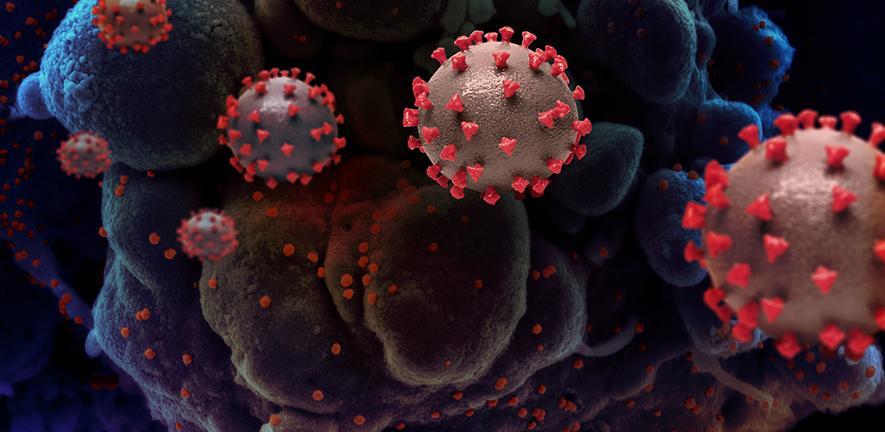
The largest study of its type in the UK has identified differences in the immune response to COVID-19 between asymptomatic people and those suffering more severely with the virus. Haematological Malignancies programme members Professor Bertie Göttgens, Dr Elisa Laurenti, Dr Fernando Calero Nieto, Dr Nicole Mende and Dr Nicola Wilson from the Wellcome-MRC Cambridge Stem Cell Institute and the Department of Haematology are part of a team working across the University of Cambridge, Wellcome Sanger Institute, Newcastle University, University College London and EMBL’s European Bioinformatics Institute (EMBL-EBI), who have found raised levels of specific immune cells in asymptomatic people with COVID-19. They also showed people with more serious symptoms had lost these protective cell types, but gained inflammatory cells. These differences in the immune response could help explain serious lung inflammation and blood clotting symptoms, and could be used to identify potential targets for developing therapies. The research, published in Nature Medicine, is one of the only studies to include people who were asymptomatic. Read more on the Wellcome-MRC Cambridge Stem Cell Institute's website.















